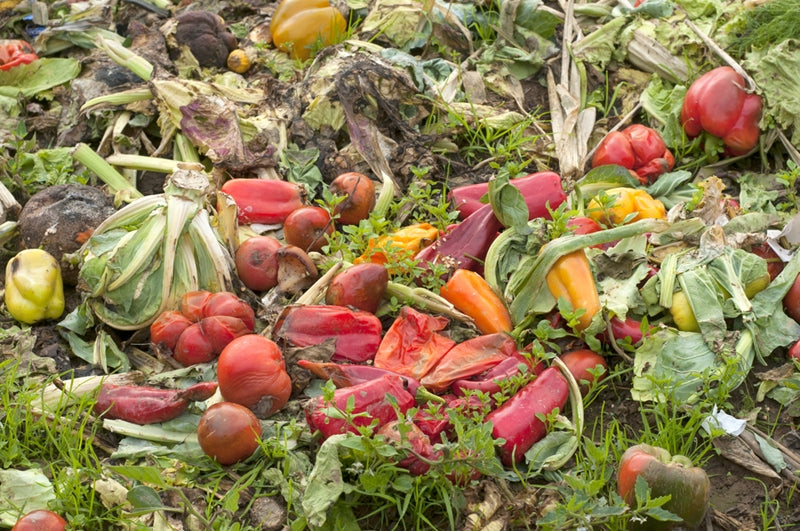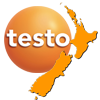
Recent years have seen an increase in demand for New Zealand agricultural products from other countries. This has lead to a rise in the country's agricultural exports. This is great news for New Zealand agriculture. However, the additional demand means the demand for cold chain logistics is also on the rise. It is very important for operators who are adjusting their position to make sure that they are prepared for an influx and are not overlooking the safety compliance regulations that come along with cold chain storage facilities.
There's no denying that a rise in agricultural traffic is good for business, but it does not mean that safety regulations are going to lessen in any capacity. When it comes down to it, one thing is clear - different operators are storing higher amounts of various perishable goods which are affiliated with differing safety regulations. These compliance regulations are largely related to temperature and humidity, but it is worth reminding operators that there are monitoring instruments that can make compliance a straight forward, intuitive part of their business processes, rather than an ongoing concern.
The standards are still the standard
No matter what the amount of food moves through the cold chain, there is still susceptibility to factors such as humidity and temperature. There's no doubt that perishable foods are sensitive to changes in temperature and that this obviously differs depending on the type of food. To give an example, fruits and vegetables spoil quickly if they are not stored or transported in an atmosphere below a certain temperature. But food spoilage is not the only factor to keep in consideration, there are greater risks such as bacteria being able to thrive on meat and dairy that is stored in too warm climates to keep in mind too. If these factors are not kept in check, they can lead to serious illness, making it imperative that monitoring the entire cold chain needs to be consistent and maintained to stay within these regulations.
Instruments for monitoring temperature
Just as food comes in different shapes and sizes, as does monitoring tools. They are designed in such a manner to take the most accurate reading of environmental conditions possible. From monitoring refrigeration units to storage facilities, production facilities to transportation vehicles, there is an instrument perfect for the job.
Testo produces probe thermometers, infrared thermometers, surface thermometers, among others. Each type has its own advantages and allows accurate compliance to be adhered to regardless of the diverse range of environments. Take the infrared thermometer for example. It is capable of providing fast, non-contact measurements of surface temperatures as well as core temperatures. They utilise cost-effective technology, with some even incorporating smartphone compatibility, making their use both simple and customisable for the user.
Instruments for monitoring humidity
Testo has signature moisture meters (also known as thermohydrometers, hygrometers or humidity meters) that are designed to accurately measure humidity and moisture. Some are designed with the purpose to measure general indoor air quality, measuring humidity and temperature, while others are designed to probe individual items to verify more specific and accurate volumes of moisture on a particular place or food.
Furthermore, some are equipped with probes that utilise BlueTooth technology to make it even more convenient for the operator. There are also humidity measurement tools designed with special technology tailored around specific industry applications or research.
When it comes to humidity, measurements don't end with the products alone. Rather, one of the biggest reasons for measuring the humidity of a space is to detective possibility of mould. Mould can occur due to several factors, such as poor ventilation behaviour. Testo's instruments are even capable of detecting areas that are prone to condensation, making them predisposed to the risk of mould growth.
Instruments for logging data
While it is crucial to maintain ongoing efforts to monitor foods and the environments they are stored or transported in, it is equally as important to be able to accurately log this data. Testo provides a range of products that will accurately log and record this ongoing data. Being compliant isn't about being compliant just in a single moment, but rather the ability to demonstrate that there is an ongoing plan moving forwards to maintain compliance. This is how a business can project compliant behaviour into the future. As the demand for cold chain logistics continues to grow, having a record that proves compliance stability is essential.
Testo's data-loggers can be used in accordance with Testo temperature and humidity monitoring instruments, but their abilities don't end there. These loggers are also capable of logging CO2, UV data and a variety of other data sets.
Monitor for success
Compliance is vital in ensuring the safety of your food, as well as the health and wellbeing of your customers. But staying compliant doesn't have to hinder your business. Testo provides all the necessary instruments for every level of cold chain logistics, and these instruments relieve you of the compliance burdens of an operator. If you are after any more information on these tools to keep your business complaint, contact the Testo New Zealand team today.

